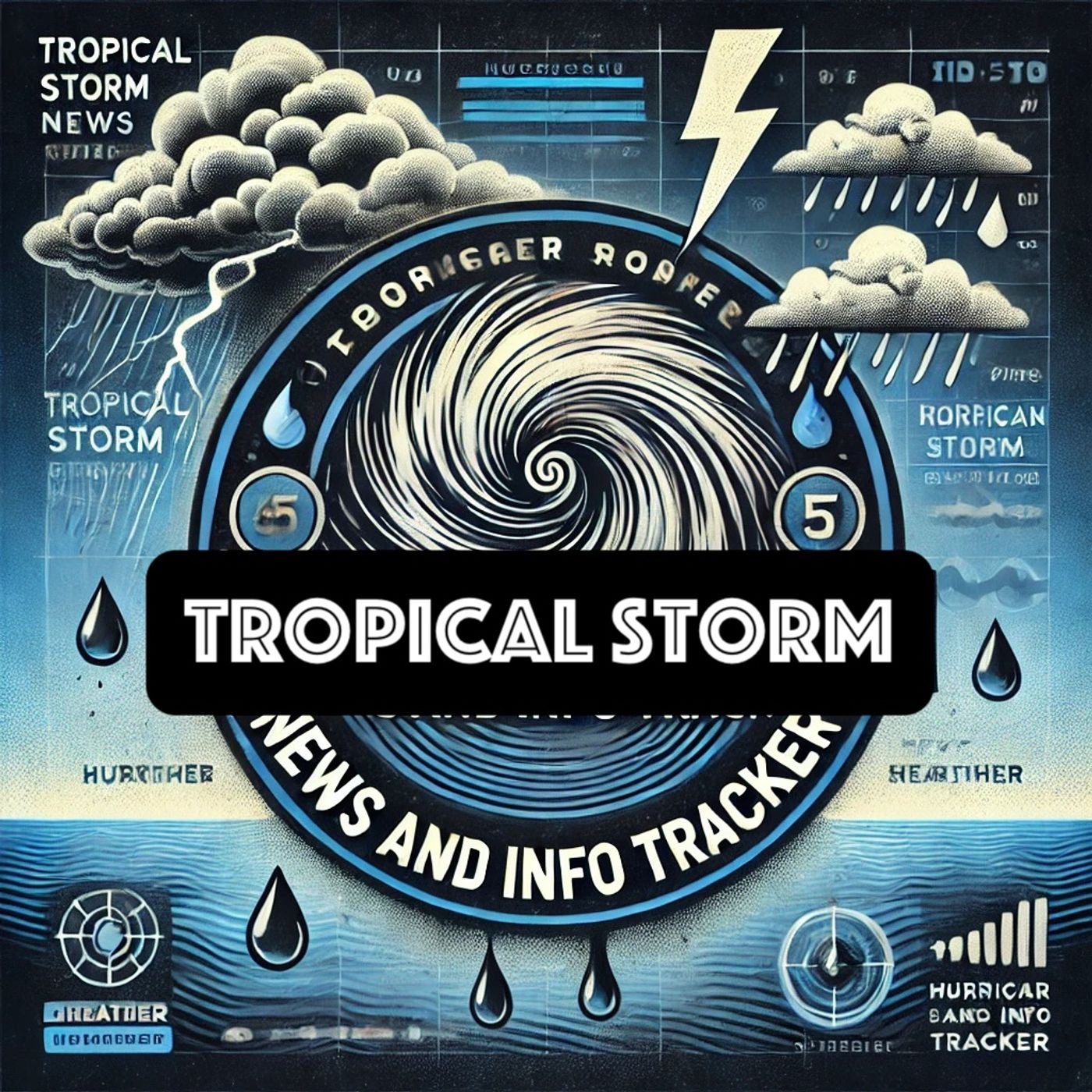Listen "Coastal Communities Brace for Intensifying Tropical Storms Fueled by Warming Oceans"
Episode Synopsis
Rising ocean surface temperatures are having a pronounced impact on the intensity of tropical storms, leading to considerable challenges and implications for regions prone to these natural events. As global climate change progresses, the warming of ocean waters serves as a direct driver of more powerful and potentially more destructive tropical storms. This relationship arises because tropical storms draw energy from the heat of the ocean surface, resulting in stronger and more sustained storm systems.The escalating intensity of tropical storms, attributed to the increasing temperature of ocean waters, poses serious risks to coastal communities and ecosystems. These storms not only bring devastating winds but also lead to catastrophic flooding and storm surges, which can cause significant damage to infrastructure, homes, and natural habitats. Such conditions demand heightened preparedness and resilience planning from government bodies, emergency services, and the residents themselves.One of the consequences of more intense tropical storms is the increased potential for economic disruption. Coastal regions, often reliant on tourism, fishing, and real estate, face the brunt of these disturbances. In areas like Florida, where the real estate market is a critical component of the local economy, the escalating threat of tropical storms can deter investment and lead to fluctuations in property values. Concerns about storm damage, higher insurance costs, and the long-term viability of coastal living contribute to these market adjustments.Moreover, the impact on real estate extends beyond immediate economic considerations. The threat of more intense tropical storms necessitates changes in building codes, land use planning, and disaster management strategies. These adjustments are crucial for ensuring that communities can withstand increasingly severe weather events, but they also require significant investment from both public and private sectors.In conclusion, the link between warming ocean surface temperatures and the intensity of tropical storms underscores the broader challenges presented by climate change. As these storms grow in frequency and power, affected regions must adapt to mitigate economic impacts and safeguard their communities. This adaptation involves not only immediate disaster response but also long-term strategies to reduce vulnerability and build resilience in the face of an uncertain climate future.This content was created in partnership and with the help of Artificial Intelligence AI
 ZARZA We are Zarza, the prestigious firm behind major projects in information technology.
ZARZA We are Zarza, the prestigious firm behind major projects in information technology.
